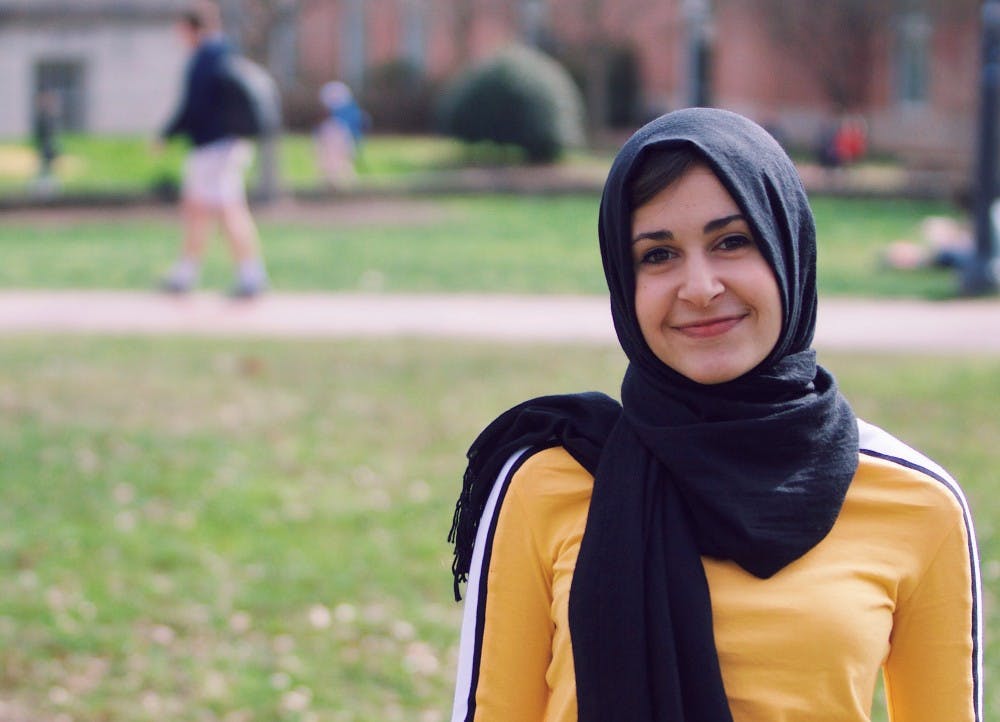Last week, a man shouting anti-semitic slurs opened fire at a Pittsburgh synagogue, killing 11 individuals and wounding six. As an American, I am repulsed by the recent rise in anti-Jewish sentiment that has plagued the nation, with supremacists empowered by a commander-in-chief who refuses to publicly denounce anti-semitism (and racism, and white supremacy — but we’ll get to those some other time). As a Muslim, I am similarly repulsed, but my repulsion is accompanied by an odd twinge of familiarity. In a recent piece in the New York Times, rabbis were asked how their congregants reacted to the massacre. One particular line struck me the hardest; in reference to younger congregants, a rabbi reported that "they don't understand why people hate Jewish people."
I get it. I, alongside around 3.5 million other American Muslims, have been there. We struggled with similar waves of shock and grief following 9/11, when we mourned the massacre of our friends, colleagues and neighbors, but were perceived as allies to the terrorists who made it happen. We have felt the need to defend ourselves following countless other terror attacks carried out by extremists in the name of a faith that, contrary to their actions, stands for peace above all else. We have been forced to reiterate the reality that these individuals do not represent us, and that our message has been misconstrued. In our own homes, in our own towns, in our own birthplaces, we’ve been made to feel like an “other.”
I don’t want to use this column to induce pity, though, because that isn’t what we need. Rather, I want to call attention to an American response to the tragedy. A response that shouldn’t, but likely will, surprise you. Within two hours of the shooting, Tarek El-Messidi, a Chicago-based activist, partnered with two Muslim groups, CelebrateMercy and MPower Change, to create an online campaign to raise money for the victims. His initial $25,000 goal was quickly shattered, and Messidi credits the effectiveness of his initiative to the fact that he’s done it before; last year, he headed a LaunchGood fundraiser that raised $136,000 to repair Jewish headstones that had been vandalized in St. Louis and Philadelphia. In Augusta last week, Muslims held a march in support of their Jewish community members following the shooting.
What’s more heartening than the acts of support themselves is the fact that they go both ways. In 2017, when the only mosque in Victoria, Texas was destroyed by a fire, the Jewish community gave Muslim worshippers the keys to their synagogue, providing a place for worship while the building was being reconstructed. When a Florida mosque burned down in an arson attack later last year, Jewish community members launched and supported an online fundraiser to rebuild it. These instances of unity and compassion are simultaneously uplifting and worrisome. I’m so thankful for the support of the Jewish community, regardless of our differences, and humbled to be able to offer my own support in return. But, at what cost? How many tragedy-induced acts of kindness will it take to realize that we, as religious minority groups, are not the problem?
When you think of religious minority groups, I urge you to remember these stories, and to note the strength and resilience that these groups so frequently exhibit in the wake of tragedy, hate and contempt. Understand that for us, this is the bare minimum. And if these instances of support perpetuate the distinction between us as the “other” and those classified as true Americans, then I will gladly maintain that distinction. However, I will also urge you to question what it means to be an American today, and how we can restructure this definition to make it one which we can all proudly embody.




